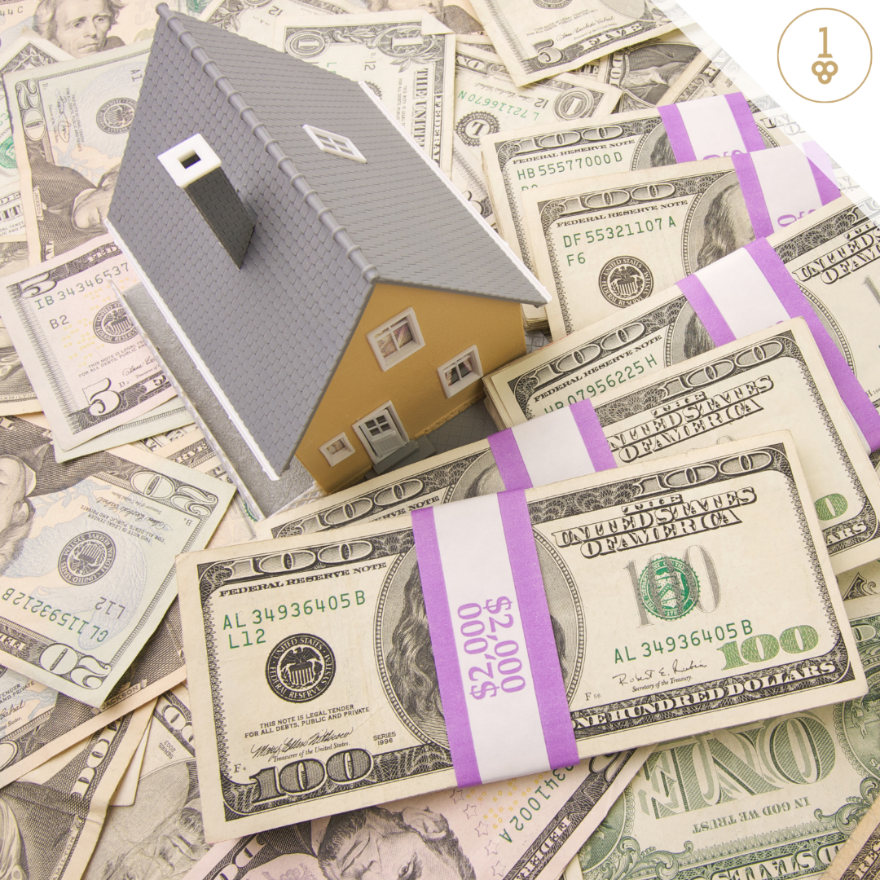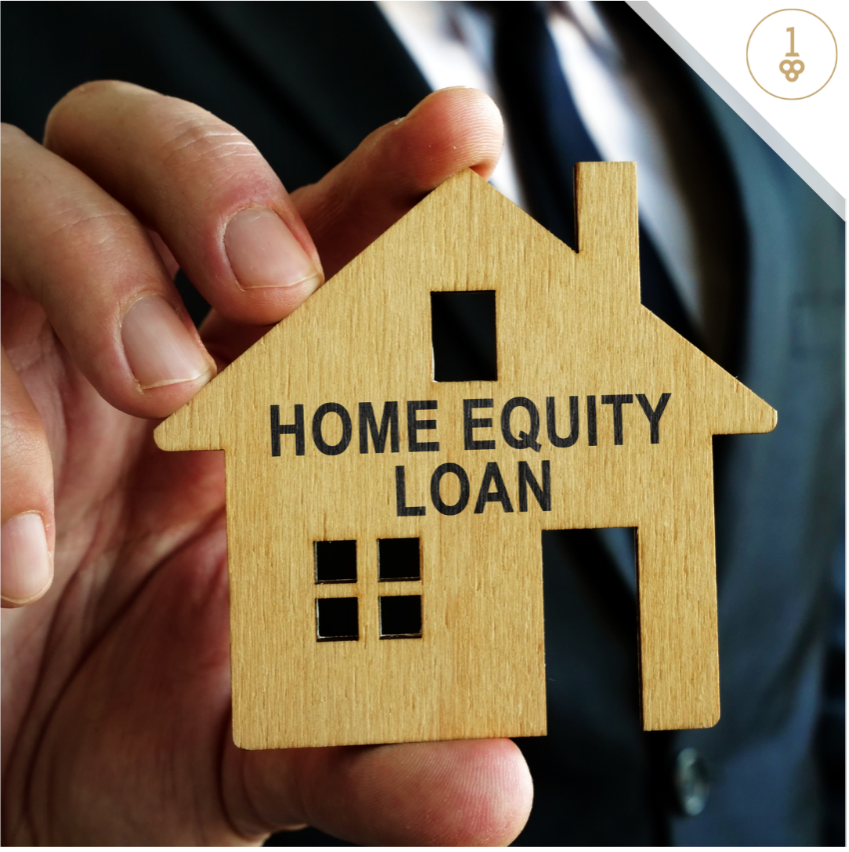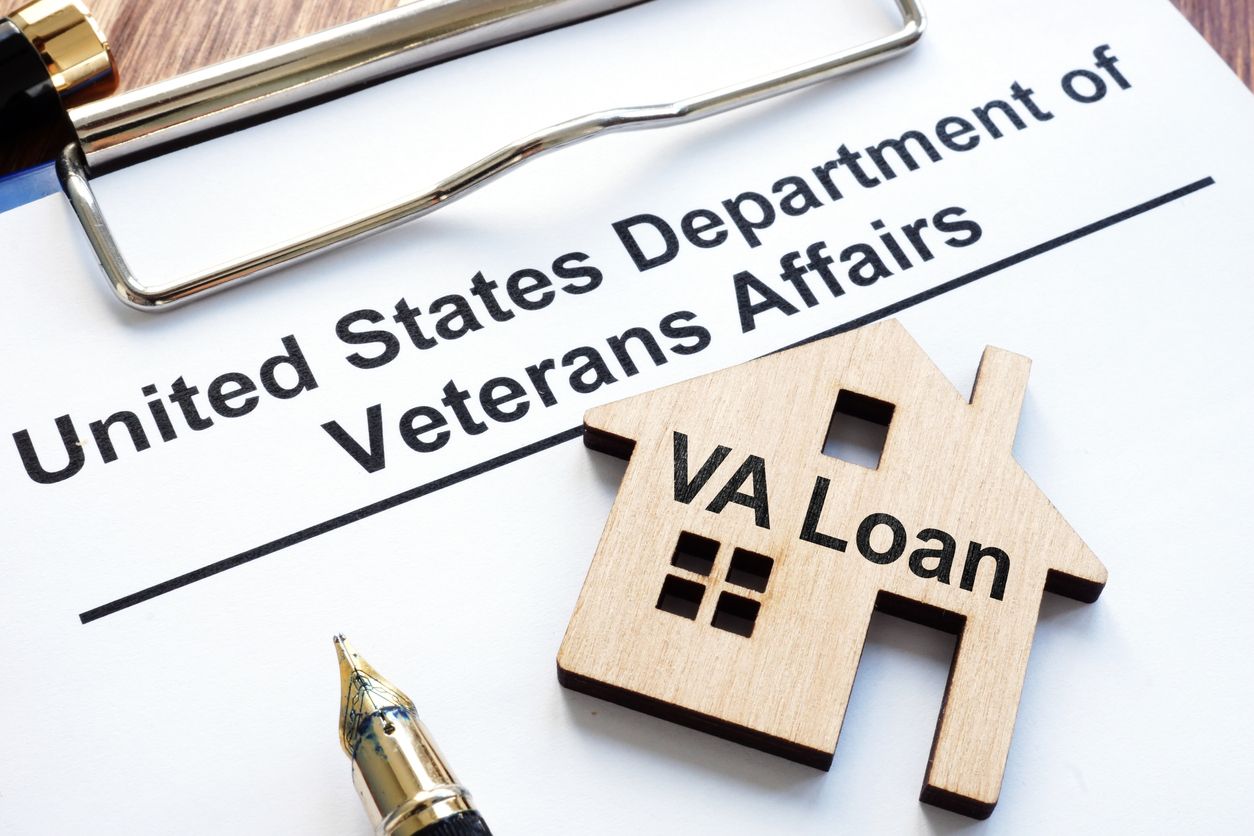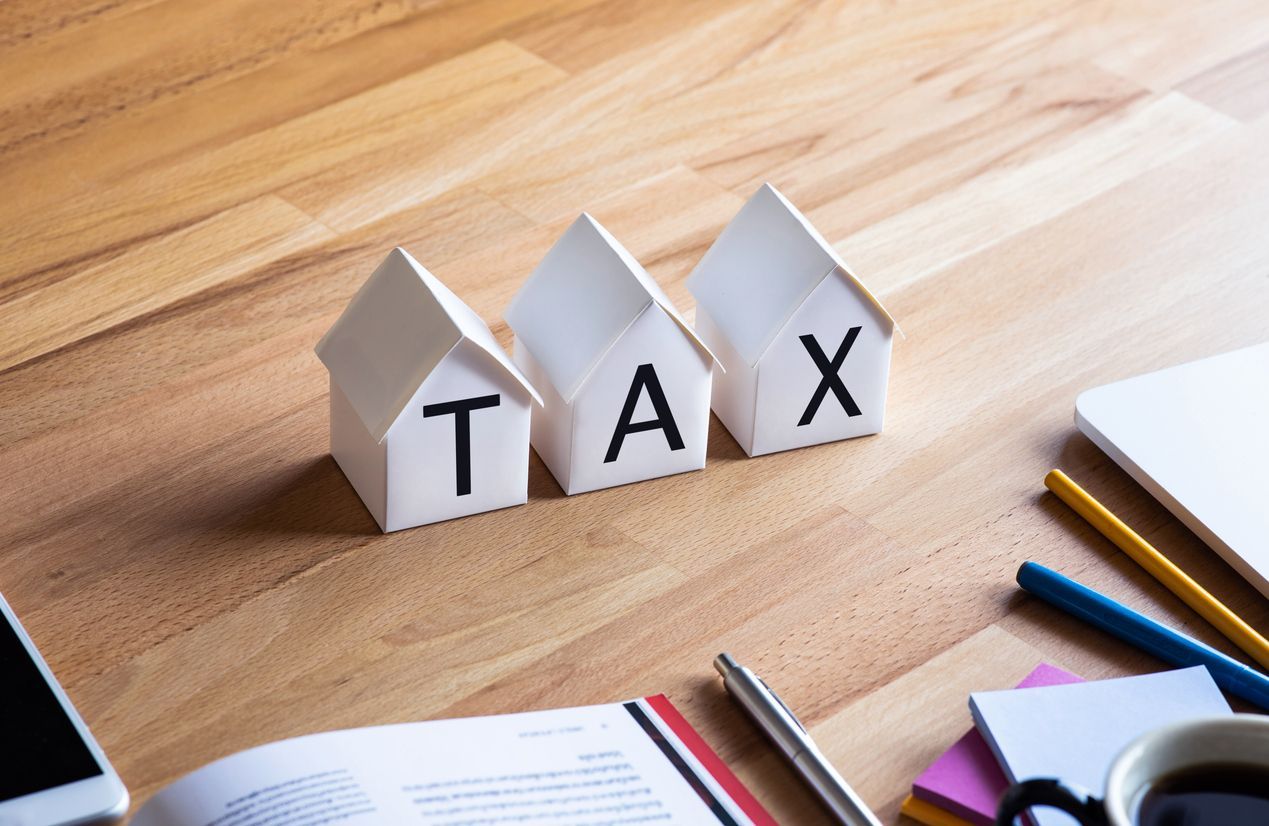Real Estate Terms: Home Equity

What is Home Equity?
Home equity is the amount your home is worth minus the amount you owe on your mortgage.
A positive number between home value and remaining mortgage amount means that you have equity. As many factors impact a home’s value in the current housing market, it’s best to ask a Realtor® for an evaluation of what your home is worth. They’ll provide an accurate, fair market value by performing a CMA. (Read more about Comparative Market Analysis, or CMA, in our previous article.)
The equity in your home will fluctuate with the overall market value in your community.
Why does Home Equity matter?
Home equity is an asset and can be leveraged as collateral to help meet other financial needs, make home improvements, pay college tuition, etc. When borrowing against home equity, interest rates are typically lower than with other types of more common loans because the home is a more stable asset.

How can I borrow money by leveraging my Home Equity?
Speak with a qualified lender who will explain the option best for you.
You might be suited by getting a Home Equity Line of Credit (HELOC), which works sort of like a credit card. With HELOC, you are approved for a maximum loan amount and an adjustable interest rate is applied, and you can borrow continuously up to the approved limit while paying off the balance as agreed upon.
Another option is the Fixed-Rate Home Equity Line of Credit, which is paid over a specific period of time for specific purposes as determined by the lender. For example, a lender may approve a fixed-rate HELOC if you are using the funds for home improvement and ultimately improving the value of the home.
Another way to borrow money is by doing a cash-out refinance. This is where you leverage your existing home equity to get a new mortgage, larger than the amount you owe on your existing mortgage. The new loan is used to pay off the old mortgage and the remaining balance can be used for expenses. Then you’re responsible for paying back the new mortgage amount, inclusive of the old mortgage amount and the additional expenses.

Can I sell my home with a mortgage remaining?
Yes, you absolutely can sell your home with an outstanding mortgage loan balance. You will still be responsible for paying off your existing mortgage, which you can do with the proceeds from the sale. With a higher amount of equity, you are more likely to make a higher profit when you sell after the mortgage is paid.
Can I sell my home with negative equity?
Negative equity means that you owe more money than the home is worth. If you’re in this predicament, you can sell, but you will be responsible for paying off the difference. If you’re struggling to make payments, you may be a candidate for a short sale, where your lender will agree to take less than you owe on the mortgage to recoup some of the cost of the home. Short sales will have an impact on your credit and your ability to qualify for a new mortgage, but they’re less impactful than foreclosing.
What are the pros and cons of leveraging home equity?
Pros: Home equity loans can help you obtain needed cash and replace other higher cost, higher-interest accruing loans like personal loans and credit cards. The interest paid on home equity loans is tax deductible if you use the money for capital improvements to enhance the home’s value. The funds are also tax free, because they are debt, not income.
Cons: Home equity loans can burden the homeowner with added debt, fluctuating interest rates and unaccounted fees. In some cases, lenders can also restrict the use of funds.
How do I learn how much home equity I have?
Speak with your Realtor®, mortgage broker, or other qualified lender to learn the market value of your home in today’s market conditions and how much equity you have accrued. Depending on your goals and your unique situation, they’ll be able to explain whether a home equity loan is right for you.
Related Article: How Equity Can Help You Reach Retirement










